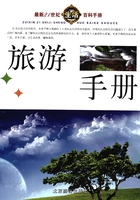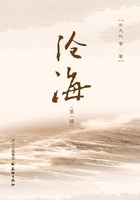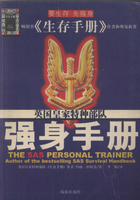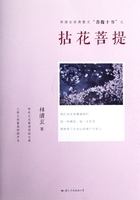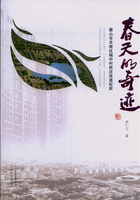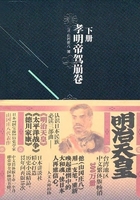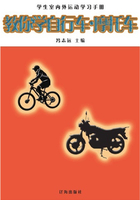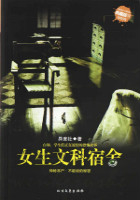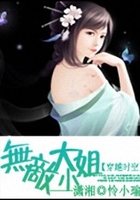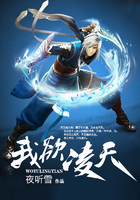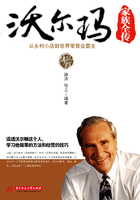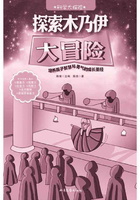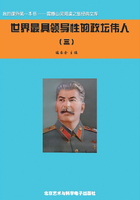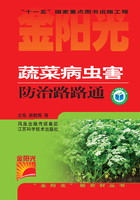中国传统文化深刻地影响着中国社会关系的各个层面,包括家庭、社区、学校等。本篇简要介绍至今仍影响着中国社会各个层面的社会文化习俗。
1.怎样称呼中国人?
How are Chinese people addressed?
In China, the family name is followed by the given name. In the Western practice, it is just reverse. The Chinese sometimes reverse the order of their two names to confirm with the Western practice, and this may confuse Westerners who know that family names in China are traditionally placed first.
The Chinese themselves generally address each other by the family name and an appropriate title, or by both the family and full given name together, with the family name first. The reason is that it helps distinguish all the Zhangs, Wangs, and Lis from one another.
It is also customary to address Chinese by their given name, using the title Miss, Mrs., or Mr. until persons become good friends and know one another’s nickname. There are a large range of official titles and formal address forms in daily use, especially occupation-linked titles such as doctor, professor, and mayor. Younger members address older members according to their formal role within families such as older brother, cousin, sister-in-law and so forth.
Notes:1)reverse相反的;2)confirm证实;3)appropriate适当的;4)occupation职业
2.怎样称呼中国妇女?
How are Chinese women addressed?
A woman in China does not take her husband’s name after her marriage but keeps that of her father. The word, nüshi (女士), translated as“Ms.”is a formal title for an adult woman, married or unmarried. The Chinese seldom use nüshi among themselves, but welcome its use by foreigners. You may address any young woman who is not likely to be married as xiaojie (小姐), translated as“Miss,”but this form of address is socially delicate in the case of women in their late twenties and early thirties because it is widely believed that by that age a woman should be married. If you do not know whether a woman of this age is married, address her as nüshi.
3.“老”和“小”的含义是什么?
What is the meaning of lao and xiao?
Older persons who have no work-related title are commonly called lao (老); younger persons with no identifiable name or job title may be addressed as xiao (小). Xiao may be translated as“young”or“junior,”lao as“old”or“senior.”Which term is used depends on the relation between the ages of the speaker and the person spoken to. The general rule is this: an older person calls a younger person with whom he and she is familiar Xiao So-and-so; a younger person calls an older person Lao So-and-so. Xiao or lao may be used with persons of either sex, although lao tends to be used more frequently with males.
Notes:1)identifiable可认明的;2)familiar熟悉的
4.汉语有没有特别的问候语?
What are typical Chinese greetings?
The most common form of greeting is ni hao (你好), usually translated as“Good day”but literally meaning“You are well.”The same greeting phrased as a question (“How are you?”) is“ni hao ma”(你好吗?). The response is usually nihao. You may use it on any occasion regardless of the time of day or the social status of the person you are greeting.
A most common greeting is“ni qu nar”(你去哪儿,“Where are you going?”). Although its typical use occurs when passing another person on the street or in a building, it is not really a question because exact information is not being requested. It is similar to the greeting“How are you?”used in English speaking countries. You need give no precise information about your destination. You may say vaguely,“I’m going there,”or gesture slightly with the head or hand in the direction in which you are moving.
Another common form of greeting is“chi le ma”(吃了吗,“ Have you eaten?”). This greeting normally occurs around mealtimes, but it, too, is not a question as for information. It sounds like an invitation to join the other person for the coming meal. The way to response is to say either“wo chi le”(我吃了,“ I have eaten.”) or“wo kuai chi le”(我快吃了,“ I am going to eat soon.”) depending on one’s situation.
Notes:1)inquiry询问;2)destination目的
5.传统的问候姿势是什么样子的?
What gesture is used as a traditional Chinese greeting?
The handshake is now a common form of greeting among Chinese, but young Chinese tend simply to nod as a greeting. To some extent, this reflects the ever-increasing paces of modern life.
The traditional greeting is to cup one’s own hands (left over right), chest high, and raise them slightly as a salute. In earlier times when greeting a person of superior social standing, it was customary to raise the hands as high as the forehead and to execute a low bow. This tradition has a history of more than 2,000 years, but nowadays it is seldom used except in the Spring Festival or on other special occasions.
Notes:1)evolution进展;2)ever-increasing越来越多的;3)su-perior上级的
6.中国人一般用什么话题开始交谈?
What are opening conversational topics in China?
Opening topics tend to be personal. Between strangers, a typical opening question might be“ni zai nar gongzuo”(你在哪儿工作,“ Where do you work?”) or“ni gan shenme gongzuo”(你干什么工作,“ What’s your job?”). Between persons known to each other, initial questions are likely to be about the other person’s family life, especially about his or her children, but some Chinese feel uneasy about going into detail about a husband or wife.
Another good conversation starter is to ask where the other person was born and then talk about each other’s hometown. There are many possibilities in this case. One can follow up by asking about the town’s location, the dialect, the cuisine, regional customs, etc. These topics are safe in the sense that they are unlikely to lead to any kind of cross-cultural misunderstanding.
At present, the topic of weather is popular because it is completely impersonal. One may begin a conversation by mentioning some items in the daily news, discussing a sporting or entertainment event, or commenting on a recent event.
Notes:1)subtle难捉摸的;2)cross-cultural跨文化的;3)mis-
understanding误解;4)impersonal非个人的
7.中国人和西方人在日常告别时有什么不同习惯?
What is the difference in daily farewells between Chinese and western people?
In some western countries, a visitor may state that he or she must depart soon, but will not leave immediately. One may continues a conversation or shared activity for several minutes or perhaps even as much as an hour. However, when a Chinese thinks it is time to leave, he or she announces that fact and immediately prepares to depart.

